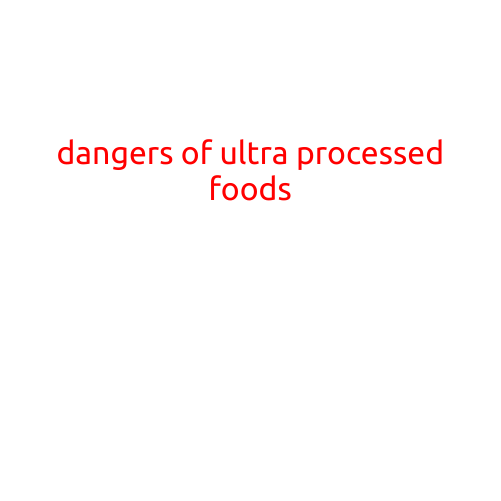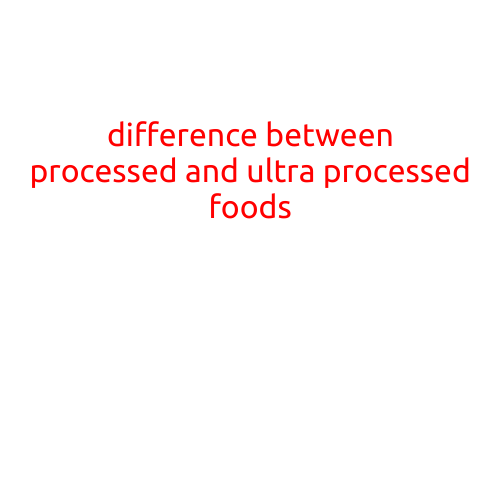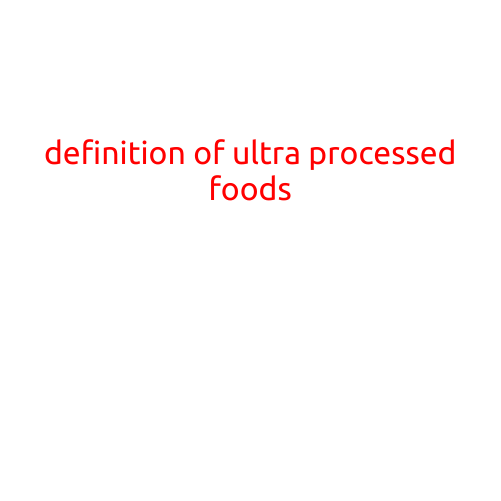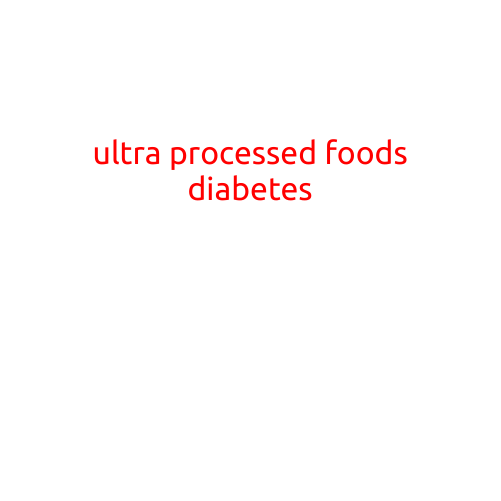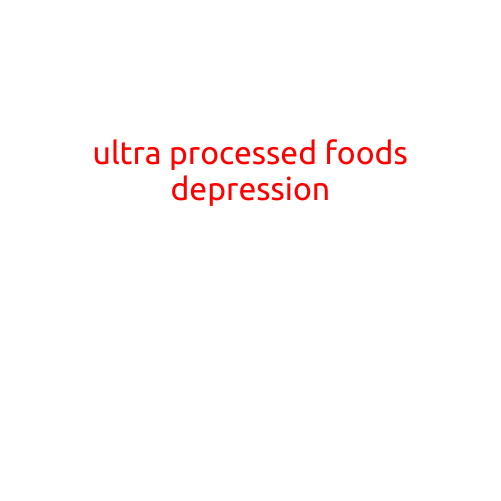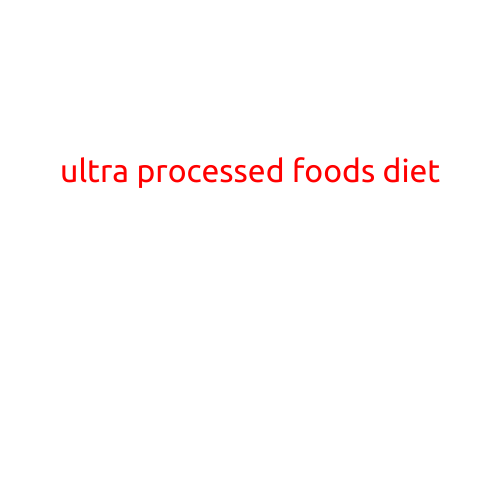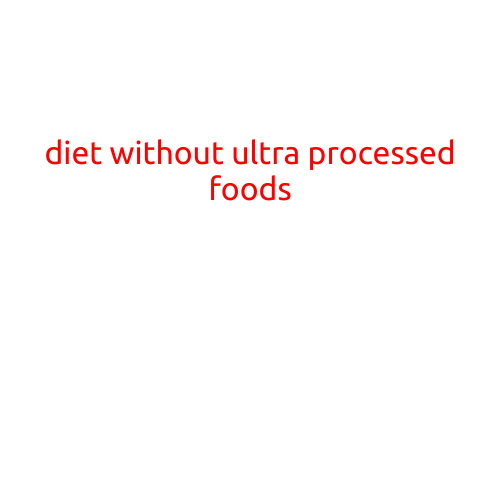
Diet Without Ultra-Processed Foods: A Path to Better Health
In recent years, the term “processed food” has become a culprit in the health world. And for good reason. Ultra-processed foods (UPF) have been linked to a wide range of health problems, from obesity and diabetes to heart disease and certain types of cancer. Yet, despite the mounting evidence, many of us still consume large amounts of UPF without realizing their impact on our well-being.
So, what are ultra-processed foods, and how can you eliminate them from your diet? In this article, we’ll explore the definition of UPF, the risks they pose to our health, and provide practical tips on how to adopt a diet without ultra-processed foods.
What are Ultra-Processed Foods (UPF)?
UPF are foods that have been heavily transformed from their natural state through various processes, such as:
- Mixing of ingredients
- Addition of chemicals, such as preservatives and flavor enhancers
- Irradiation or high-temperature treatment
- Ingraining of nutrients and other additives
Examples of UPF include:
- Frozen meals, such as pizzas and macaroni and cheese
- Processed snacks, like chips and crackers
- Sugary drinks, including energy sodas and flavored waters
- Baked goods, including cookies, muffins, and croissants
- Cereals and energy bars
The Risks of Ultra-Processed Foods
Consuming UPF regularly has been linked to numerous health problems, including:
- Obesity: UPF are often high in calories, sugar, and unhealthy fats, contributing to weight gain and obesity.
- Type 2 Diabetes: The high glycemic index of UPF can cause a rapid spike in blood sugar levels, increasing the risk of developing type 2 diabetes.
- Cardiovascular Disease: The consumption of UPF has been linked to an increased risk of heart disease, stroke, and high blood pressure.
- Cancer: Some studies have suggested that a diet high in UPF may increase the risk of certain types of cancer, including colon, breast, and prostate cancer.
How to Adopt a Diet Without Ultra-Processed Foods
Eliminating UPF from your diet can seem daunting, but it’s easier than you think. Here are some practical tips to help you get started:
- Read Labels: Become a label reader! Check the ingredient list for terms like “processed,” “packaged,” and “hydrogenated.” If the ingredient list is lengthy and includes many unfamiliar words, it’s likely a UPF.
- Focus on Whole Foods: Prioritize whole, unprocessed foods like fruits, vegetables, whole grains, lean proteins, and healthy fats. Aim for at least 75% of your diet to come from these foods.
- Shop the Perimeter of the Grocery Store: The healthiest foods are often found on the perimeter of the grocery store, including produce, meats, dairy, and bakery sections. Avoid the center aisles, where UPF are often stocked.
- Cook from Scratch: Cooking meals from scratch allows you to control the ingredients and cooking methods, ensuring that your food is free from UPF.
- Plan Ahead: Meal planning and prep can help you stay on track and avoid relying on UPF when you’re in a hurry.
- Seek Support: Share your goals with friends and family, and consider seeking the help of a registered dietitian or nutritionist to create a personalized plan.
Conclusion
A diet without ultra-processed foods is not only possible but also beneficial for your overall health and wellbeing. By making a few simple changes to your eating habits, you can reduce your risk of chronic diseases and enjoy the numerous benefits of a whole, nutrient-dense diet.
